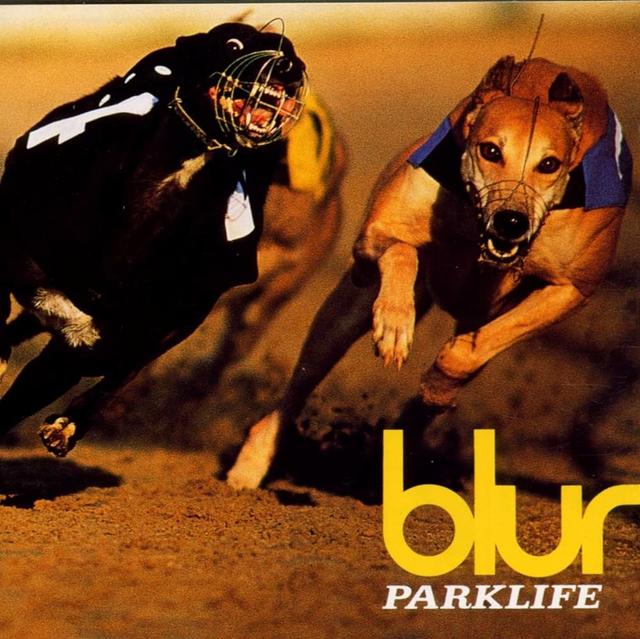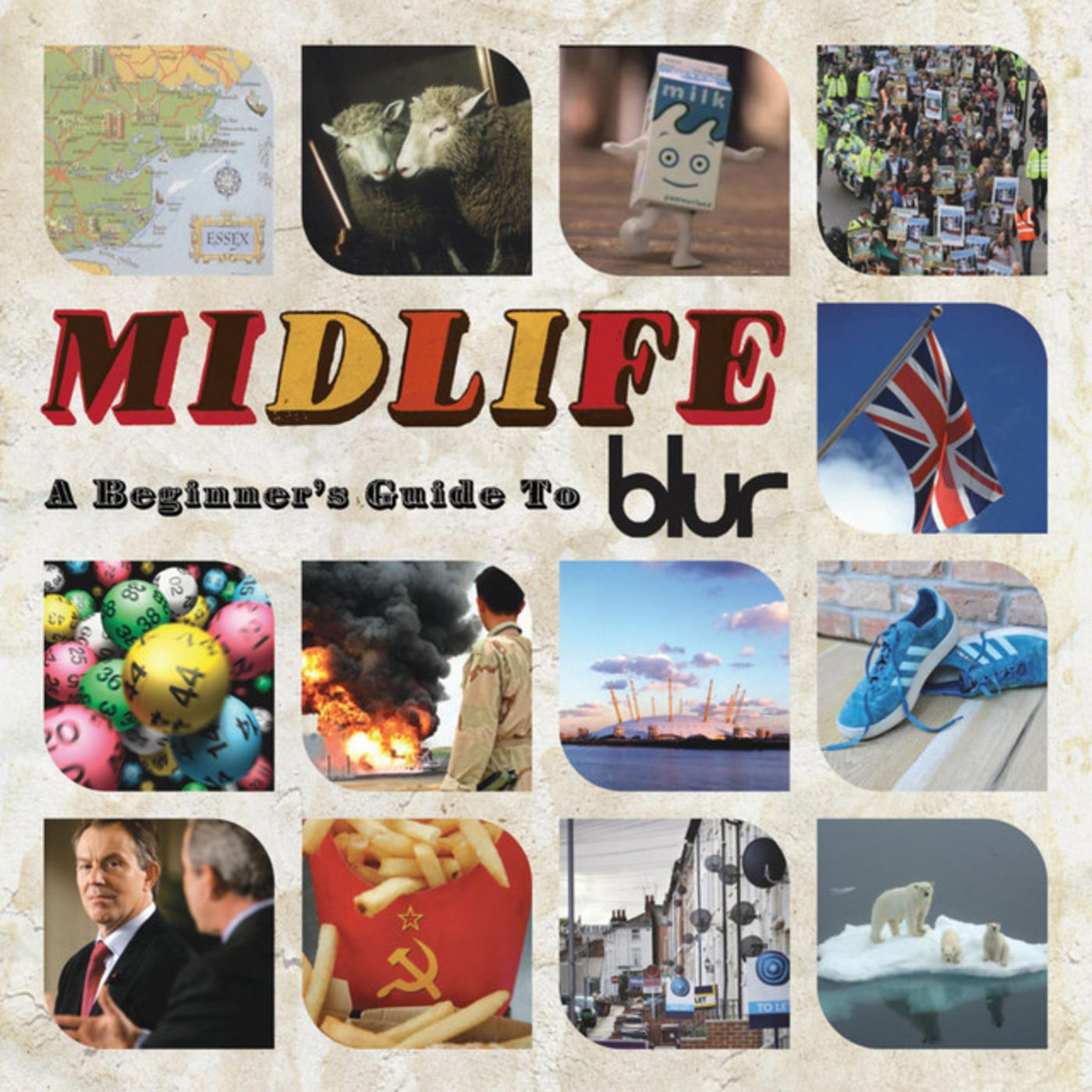Deep Dive: Blur, PARKLIFE

When Blur went into the recording studio to record the band's third album, Parklife, Damon Albarn and company knew they were under the gun. The group's second studio effort, Modern Life is Rubbish, was made under the pall of dismissive UK press and less public interest due to the rise of the "Madchester" sound (think Happy Mondays and Stone Roses) in England, and grunge in America.
This muted view toward Blur happened despite Modern Life is Rubbish being a creative leap for the band, particularly for Albarn and his songwriting prowess. Reconvening with producer Stephen Street (famous for his work with the Smiths), the band charged into album number three in fits and starts.
"Modern Life hadn't been a commercial success, but the band were still drawing a big touring crowd so the fear of being dropped had gone," Street recalled to Guardian in 2012. "We went into the studio to do Parklife soon after.
"Damon was directing his attention to a very English kind of inspiration: great records made by the Kinks, and also imaginary characters," Street continued. "The album was made piecemeal: we did a few songs, then they were on the road again, then back in the studio. There were no arguments."
The recording sessions for Parklife were happening during a rise in similarly-minded British guitar bands, including Pulp, Oasis, and Suede. Still, the band felt up to the challenge: "There was a sense of ‘this has got to work’, but at the same time, we were confident," Street told NME in 2019. "There seemed to be a feeling that the time was right.”
The sessions found the members of Blur leaning into their individual and often disparate approaches to write music that sounded like nothing they'd ever done before: "The album was the convergence of a lot of influences: Alex [James, bassist] wanted to be in Duran Duran, I wanted to be in Wire, and Damon [Albarn] wanted to be … I don't know," regaled guitarist Graham Coxon to Guardian.
Some of those musical changes were too much for the band's label, Food Records. “At that point, Blur had to demo everything to get authorisation from Food to record tracks,” Street told Uncut. “Damon had already demoed 'Girls & Boys,' and when he heard we’d started work on it, Andy [Ross, head of Food Records] was quite adamant, ‘Sorry, lads, you don’t have permission.’ But we were convinced it could be a Top 5 single – and, of course, in the end, it launched Parklife. It was a very bold step doing this, it could so easily have backfired.”
The track "Girls & Boys" had been conceived by Albarn after he'd gone on vacation in Spain with then-girlfriend Justine Frischmann, lead singer of Elastica, and observing club scene of the time: "All these blokes and all these girls meeting at the watering hole and then just copulating. There's no morality involved, I'm not saying it should or shouldn't happen."
Released as the lead single from Parklife in early March 1994, the dance-floor-ready track was a breakout hit, drumming up enough attention to peak at #5 on the UK Singles chart, the first Blur tune to crack the UK top five: “I was being a little arty aggro player, a little bulldozer, Alex [James, bassist] was being all bottom-wiggling cheeky… that tension, clash of personalities, and that mix of rhythms kind of helped," Coxon explained of the song's appeal.
After the album's second single, orchestral lament "To the End" featuring Stereolab single Lætitia Sadier, crashed the top 20 to peak at #16 on the UK Singles chart, the band released the album's title track and defining statement as single number three. "Parklife" had a somewhat difficult gestation, with Albarn finding it difficult to get into character to sing the verses. The band was eventually inspired to have actor Phil Daniels, best known for his starring role in the 1979 film Quadrophenia, take a crack at it. Daniels' brash delivery and thick accent made for the perfect fit. The hit single peaked at #10 on the UK Singles chart, and won British Single of the Year and British Video of the Year at the 1995 Brit Awards.
Parklife the album was released on April 25, 1994. A massive success, the LP was graced with rampant critical acclaim, and raced all the way to #1 on the UK Albums chart. It also took the prize for Best British Album at the 1995 Brit Awards. It's considered a flashpoint and defining moment of the whole Britpop movement.
"It epitomizes what Blur were about," according to Graham Coxon. "Having fun and doing exactly what you want to do."

